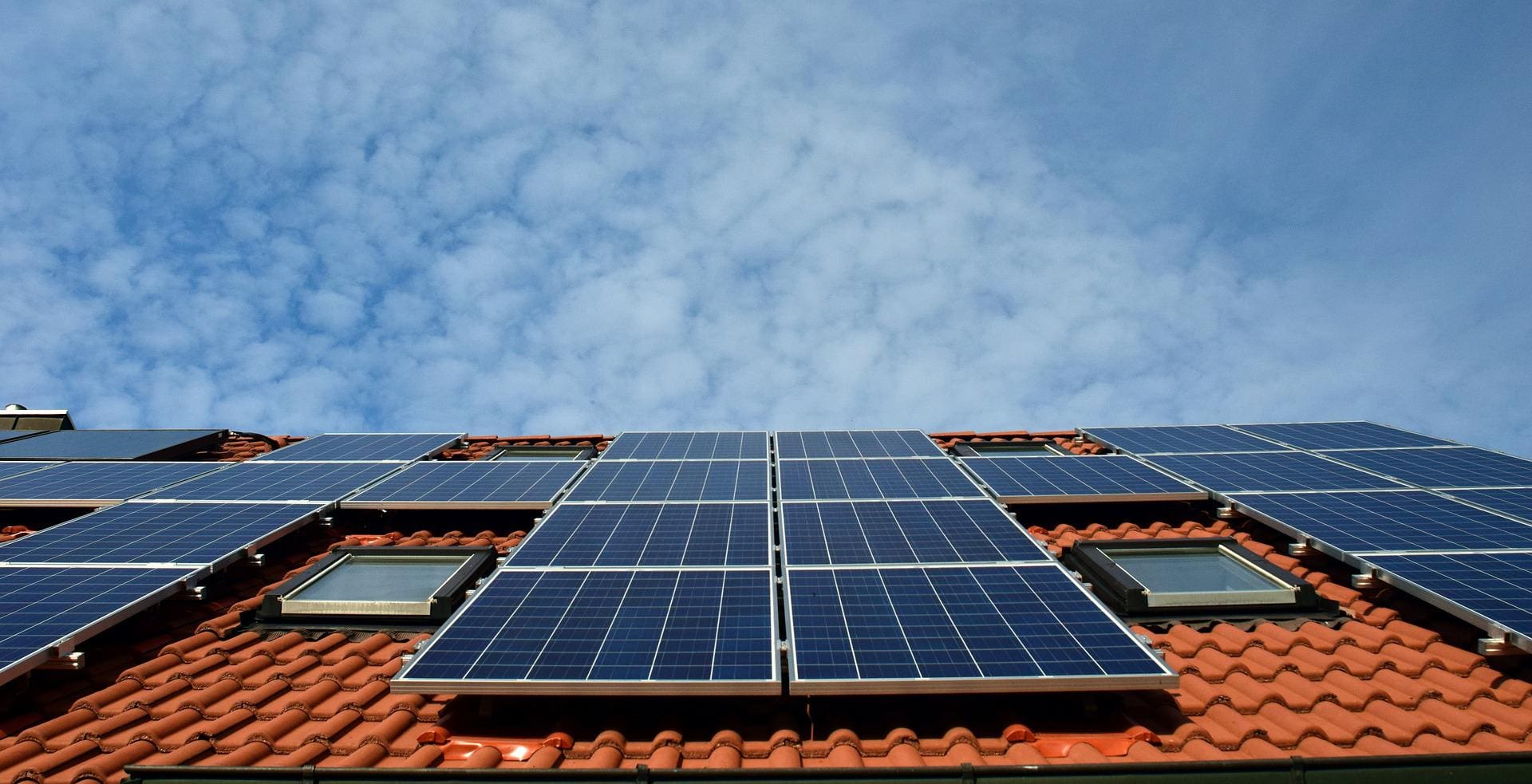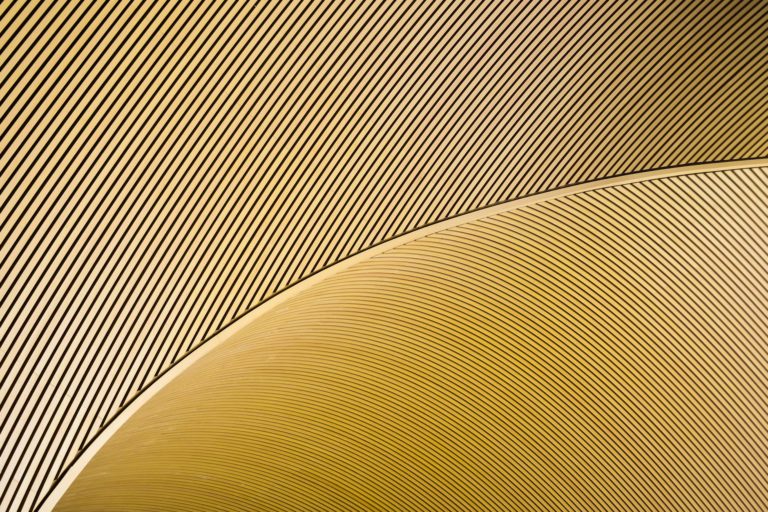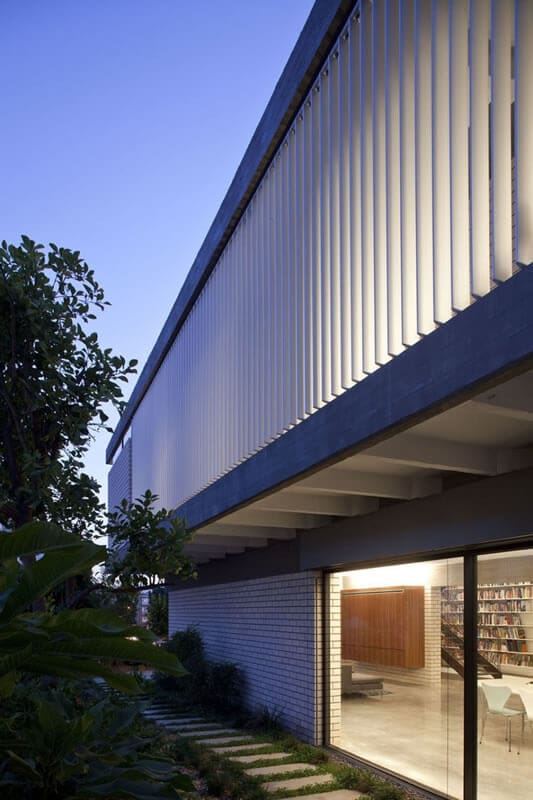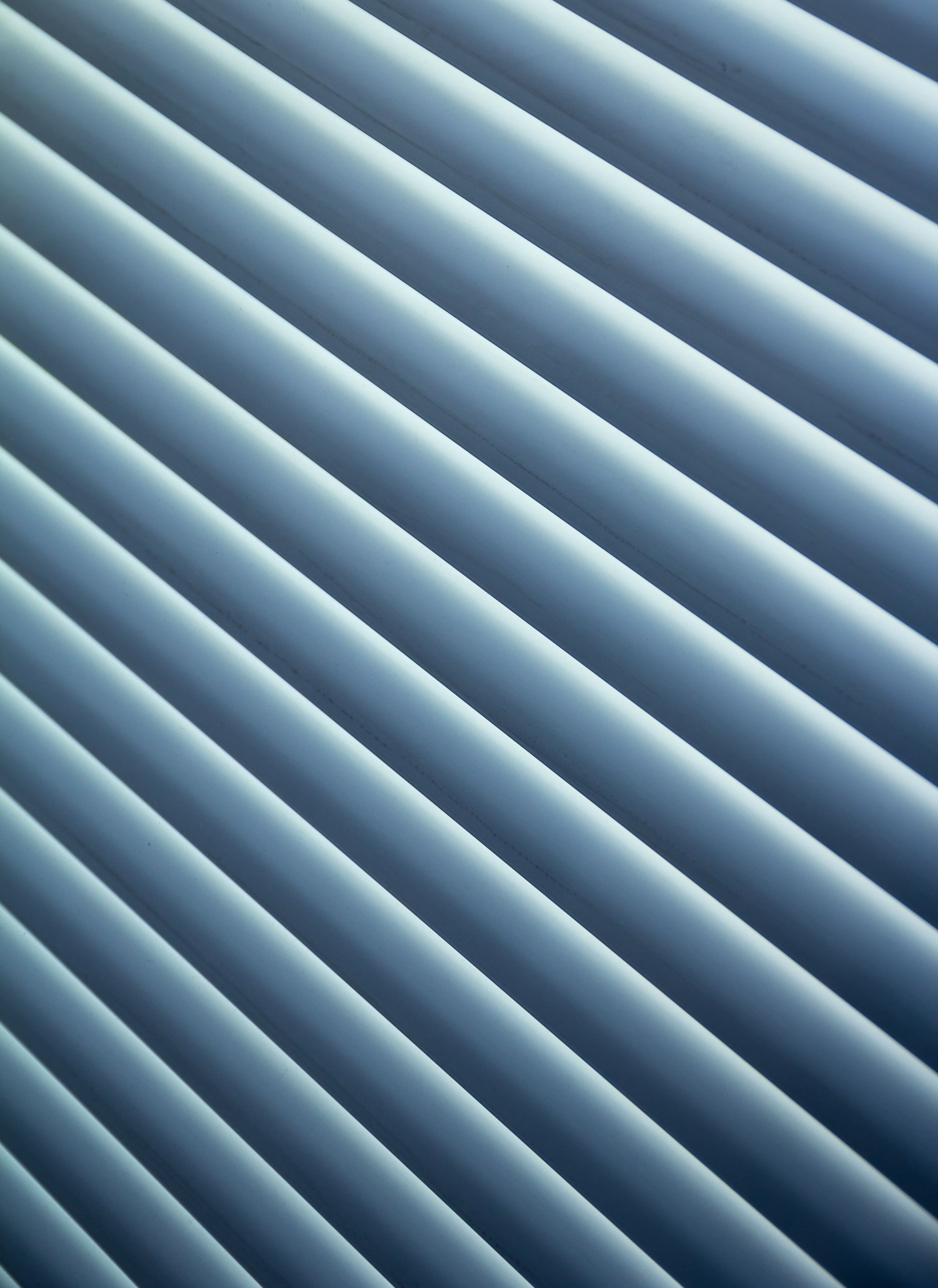If you’re considering installing solar panels in your home, it’s important to choose the right type of solar power system for your needs.
Image by Ulrike Leone from Pixabay
With so many different types of solar power systems available, it can be hard to know which one is right for you.
In this article, we will discuss the different types of solar power systems and help you choose the perfect one for your home!
Why install solar panels on your home?
You may be wondering why you should install solar panels on your home. Solar panels are a great way to save money on your energy bill, and they’re also good for the environment.
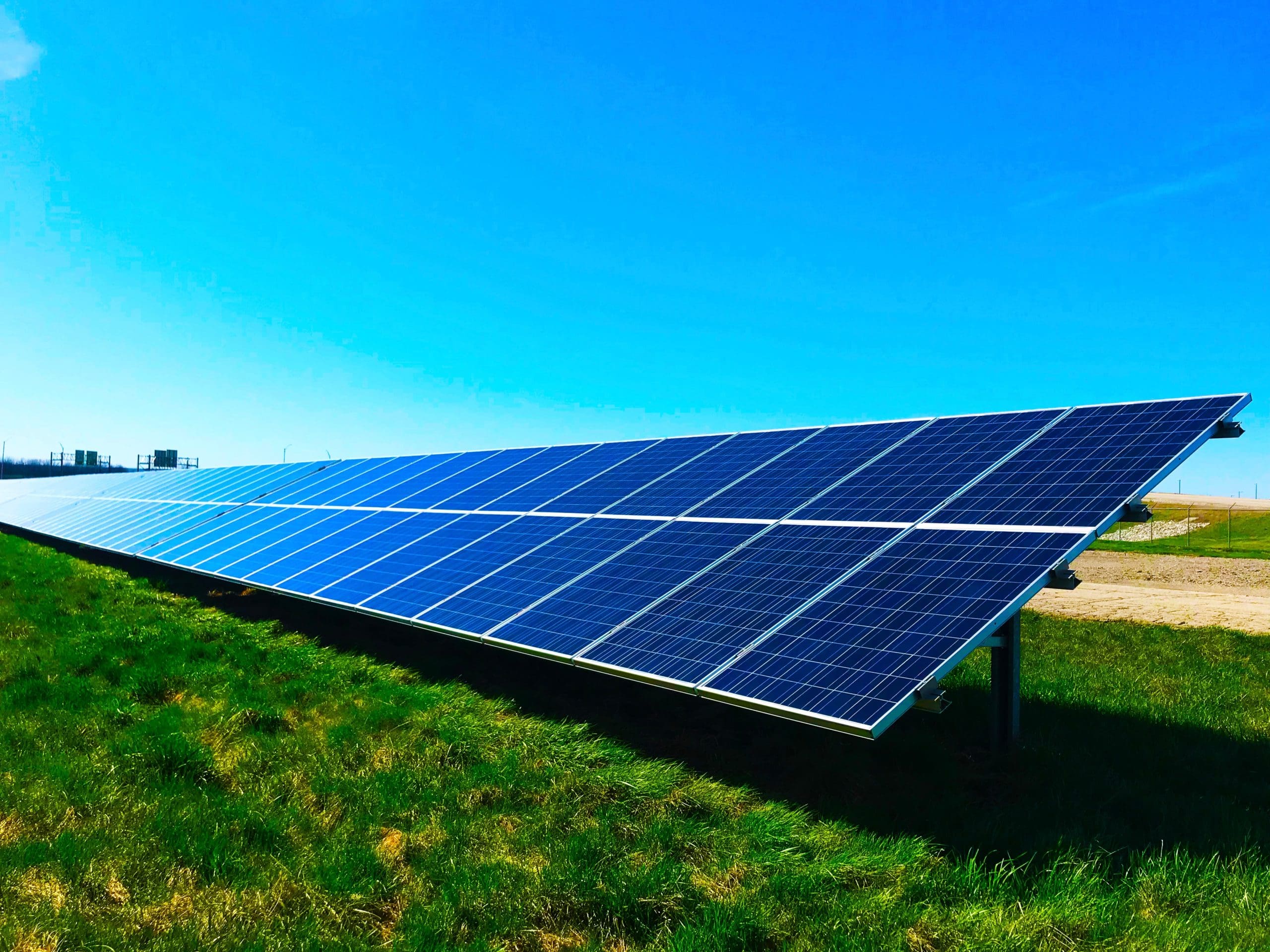
Solar panels convert sunlight into electricity, and they can be used to power your home or business. They’re relatively easy to install, and they don’t require a lot of maintenance.
Plus, you’ll be doing your part to help the environment by using renewable energy. So, if you’re looking for a way to save money and help the planet, solar panels are a great option.
Also, solar rebates are available in Australia and they can significantly reduce the cost of installing a solar power system. So take advantage of them while they’re still available!
You can visit Instyle Solar to get more information on solar rebates in QLD.
3 main types of solar panel systems
Grid-tied Solar Power System
A grid-tied solar power system is a solar panel system that generates electricity and feeds it into the utility grid. The main benefit of a grid-tied system is that you can sell excess electricity generated back to the utility company. This can significantly offset your monthly electric bill.
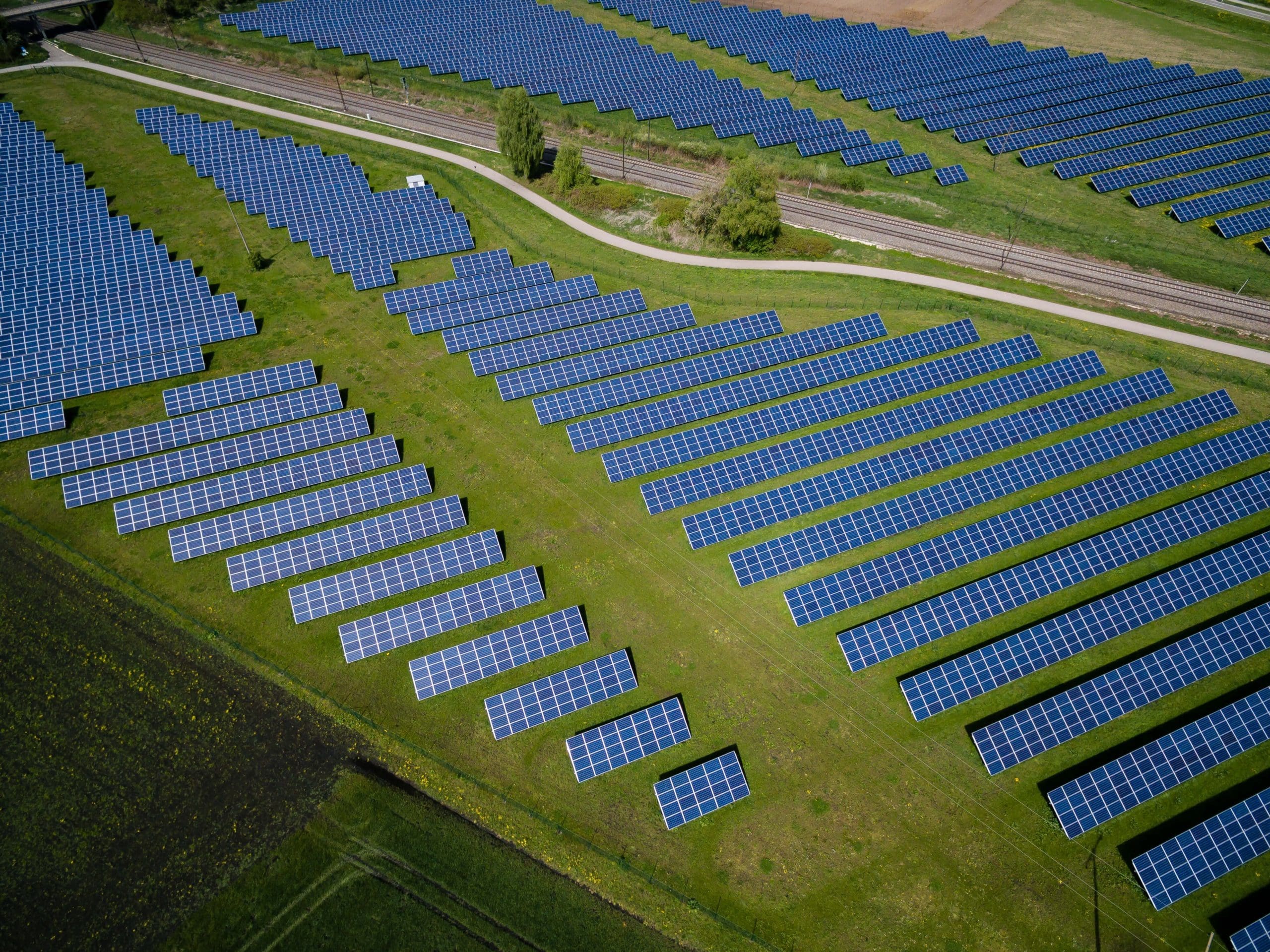
Advantages
- They’re much more efficient than their off-grid counterparts.
- Any excess solar energy can be sent back to the power grid, where it can be used by other customers. This not only makes the system more efficient but also helps to lower your electric bill.
- They’re usually less expensive to install than off-grid systems. This is because you don’t need to purchase batteries and other storage components.
- They often have shorter payback periods – meaning you’ll start seeing a return on your investment sooner.
If you’re considering going solar, a grid-tied system is definitely worth considering.
Disadvantages
- Reliance on the utility grid. If the grid goes down, so does your solar system. This could occur due to severe weather, an earthquake, or a downed power line. Without the grid, your solar panels will not be able to produce electricity.
- Require more maintenance than off-grid systems. You will need to regularly clean your panels and check your inverter to ensure that it is working properly. If you are not comfortable with this level of maintenance, an off-grid system may be a better option for you.
Off-grid Solar Power System
Off-grid solar power systems are designed to provide power in remote locations where there is no access to the grid. These systems are typically used in remote homes, cabins, and other structures that are not connected to the electrical grid.
Off-grid solar power systems usually include solar panels, batteries, charge controllers, and inverters. The size of the system will depend on the power needs of your home.
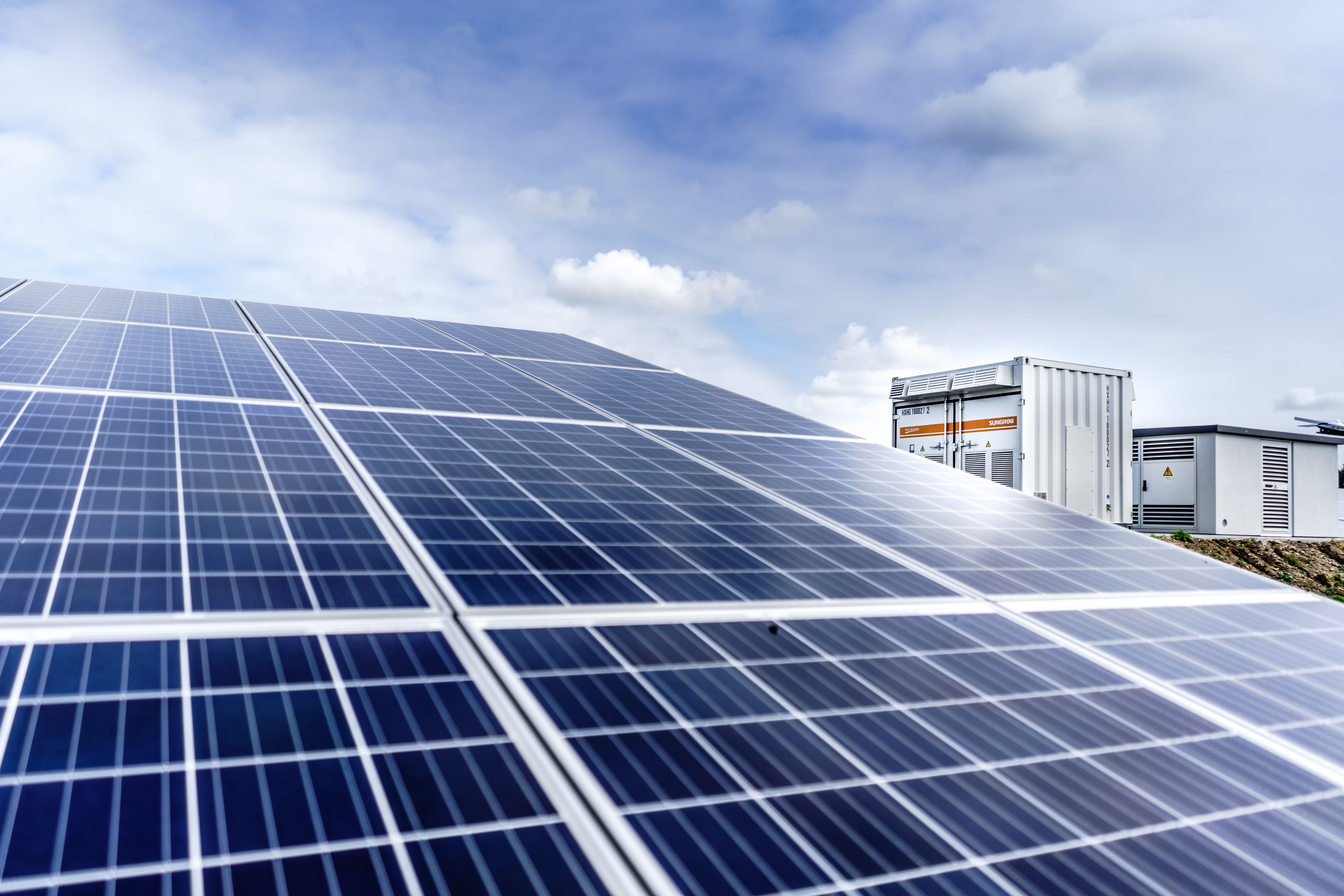
Advantages
- You don’t have to rely on a utility provider when you use this sort of solar power system. The utility company’s terms and rules do not apply to you.
- Your home will still have full power even if everyone else is without energy. People with medical issues that necessitate the use of electronic equipment or chilled medications would greatly benefit from this.
- You won’t ever have to pay a utility company bill again.
Disadvantages
- When there is no sun, you’ll need a backup battery, which will increase your original investment. Adding a backup generator like this will raise your expenses.
- If the weather is overcast or wet for a few days, you may run out of saved solar energy.
- In order to have enough electricity for your house, you need to be extremely careful with your energy consumption.
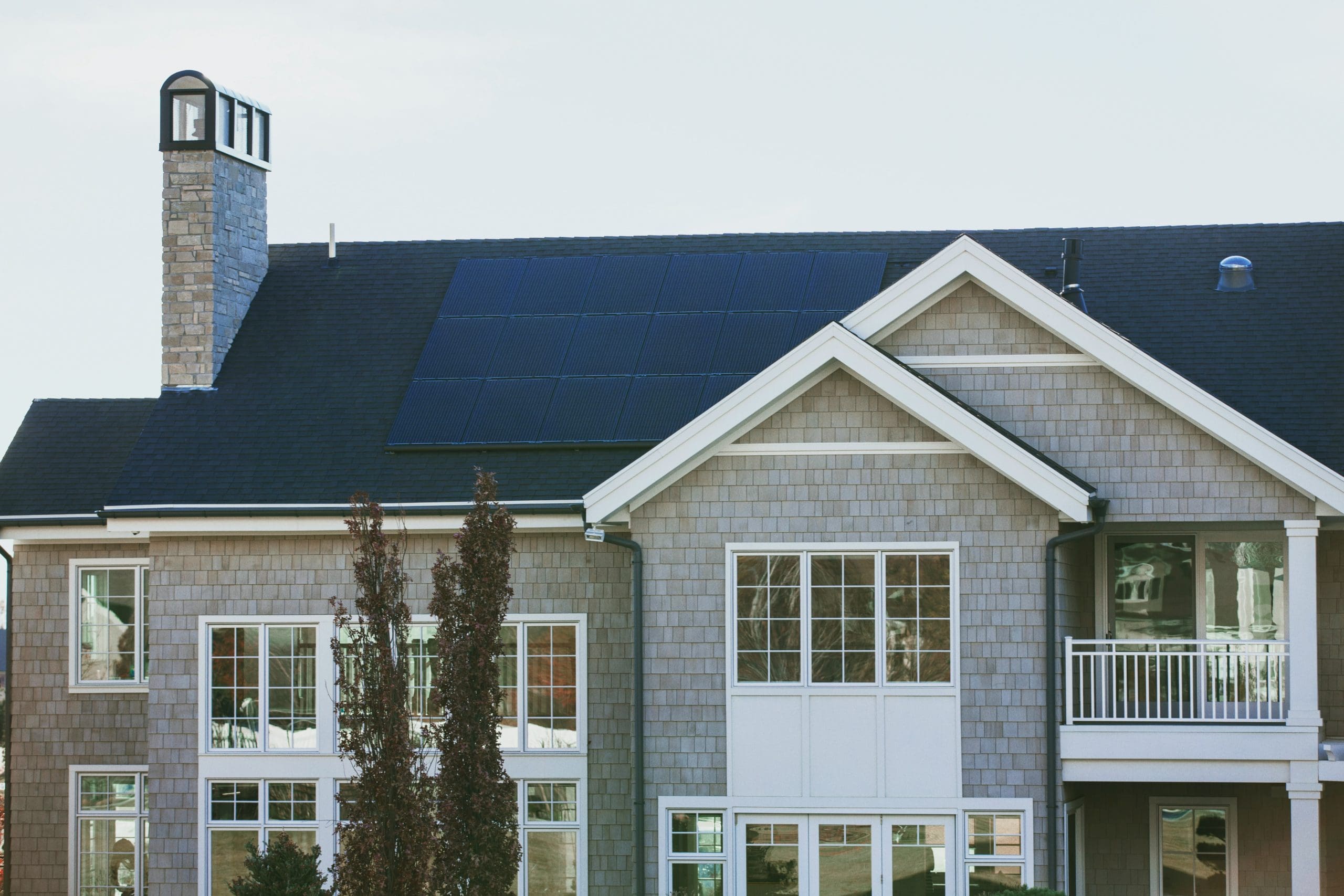
Hybrid Solar Power System
Hybrid solar power systems are similar to grid-tied systems, but they include an energy storage device in the form of a battery backup. Even though it’s more expensive, this form of the solar power system has been increasingly popular in recent years. Batteries are charged and saved for later use when the amount of solar energy produced exceeds the amount needed. In situations where production is less than demand, the batteries’ stored energy is used to compensate.
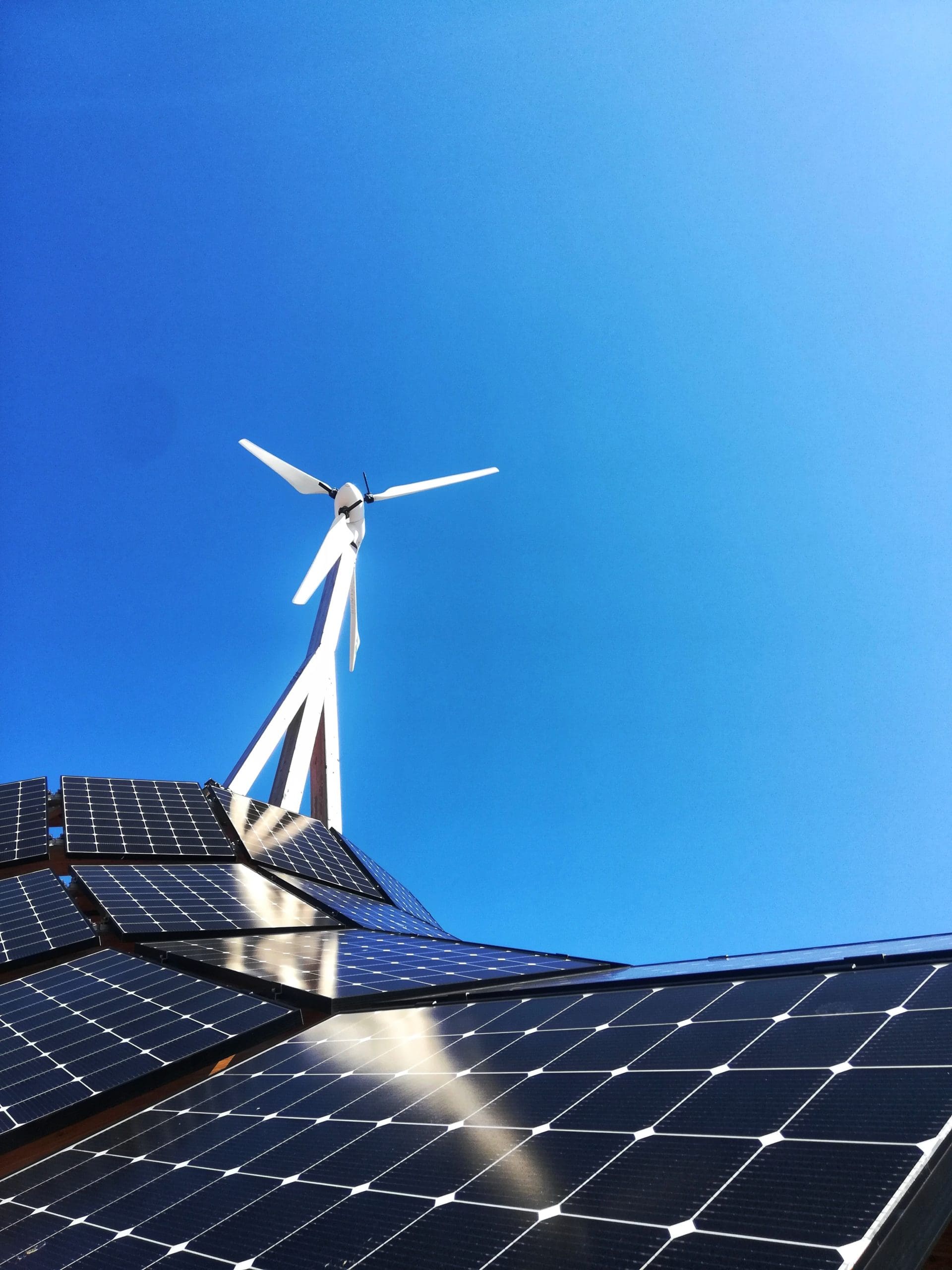
Advantages
- Batteries may be used as energy storage systems if your solar power system generates surplus energy. In other words, even if the sun isn’t shining, your house can still be powered. You won’t be without electricity for long if there’s a blackout.
- Your energy storage system can save you money by ensuring that you are utilising your battery’s power instead of the grid’s electricity.
Disadvantages
- Requires regular battery replacements, which adds to the expense. For all their reduction in price over the last few years, batteries do require replacement at some time.
- You may need a solar installer with a higher degree of competence to design and install. Find out whether this sort of system is something that is offered by your solar energy provider.
Final Thoughts
When it comes to solar panels, there are a few different options to choose from. Grid-tied, off-grid, and hybrid solar power systems all have their own advantages and disadvantages. But before deciding which system is right for you, consider your needs and budget.
If you live in an area with high utility rates, or if you plan to move soon, a grid-tied solar power system may be the best option for you.
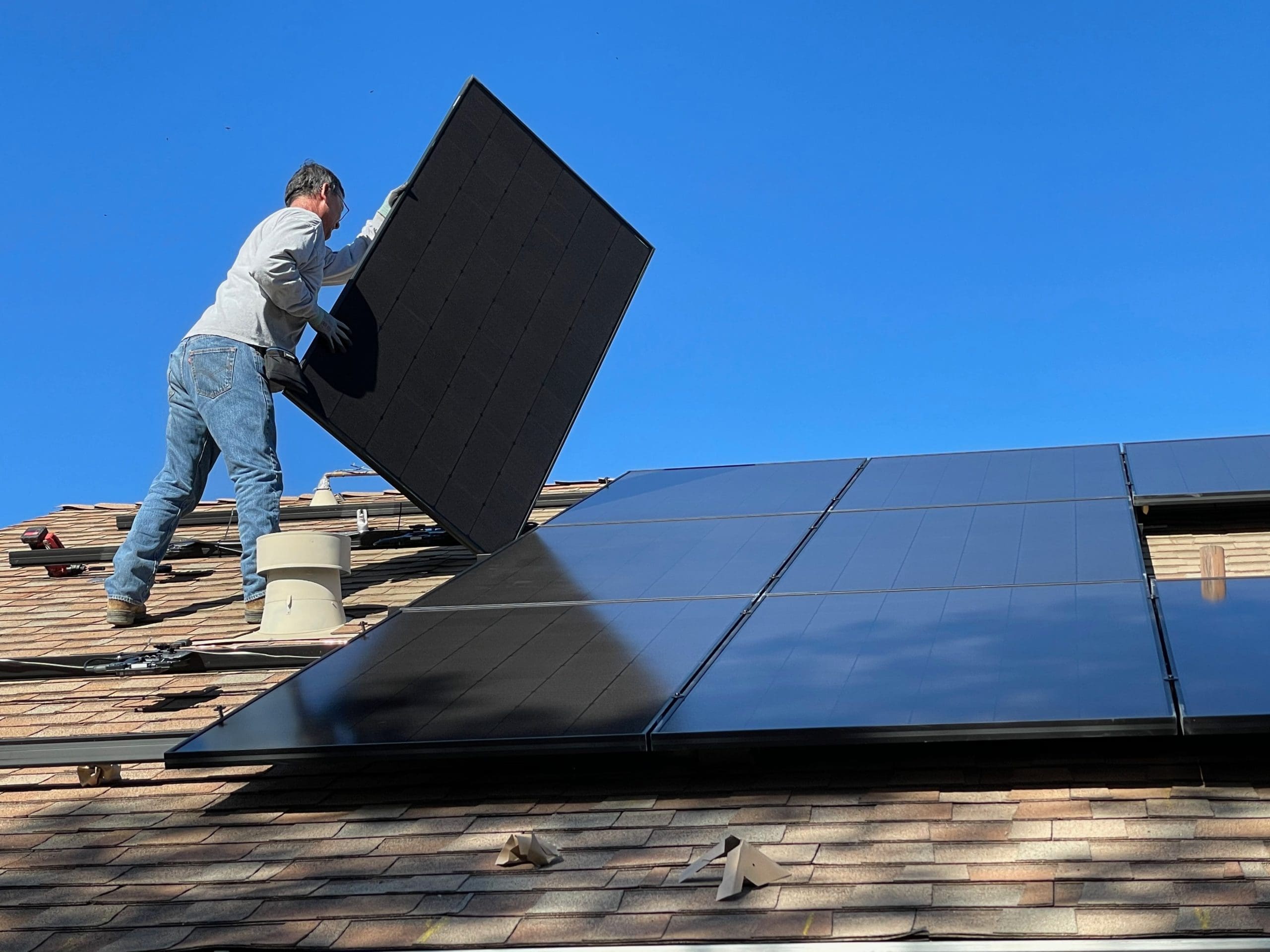
If you are not comfortable with the level of maintenance required for a grid-tied system, an off-grid system may be a better option.
However, if you want the benefits of both grid-tied and off-grid systems, hybrid solar power systems are becoming more popular.
No matter which system you choose, solar power is a great way to save money and reduce your carbon footprint.
massage porno
